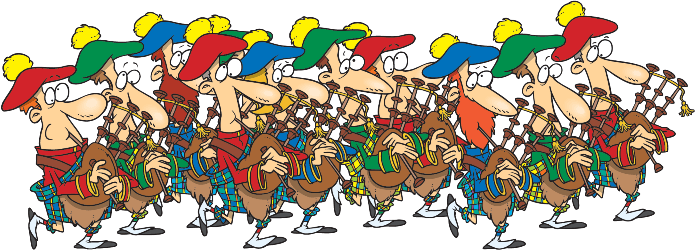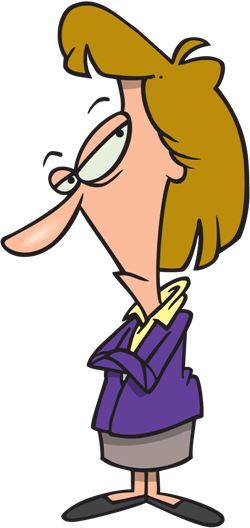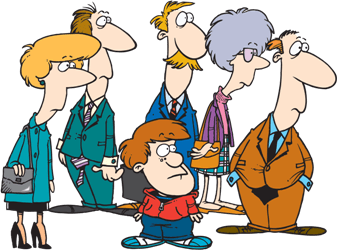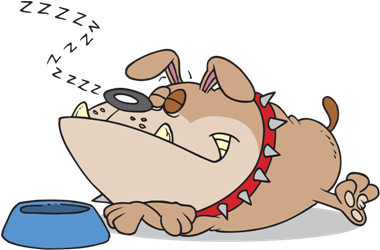English Helping Verbs Course
Lesson 08

Table of contents
The online lesson with illustrationsDownload lesson's summary, worksheet and answer sheet
Online Lesson 08
In the previous lesson we learned how to use the helping verb DO to make QUESTIONS. In this lesson we will learn how to use DO to make short questions at the end of the sentence.
A
reminder:
What is a helping verb
(also called an auxiliary verb)?
A helping verb is a verb we use together with another verb (called the main verb of the sentence) to express an action or a state.
Helping verb + Main verb = Complete idea
Here are some examples:
(Helping verbs are red, main verbs are purple)
- We can talk
now.
- She must return
home.
- I am reading.
- Kathy is jumping.
- Robert is hit
by the ball.
- Joe and Kate don't work
here.
- Do you need some help?
The verb DO as a helping verb
Quick note:
In the simple present tense the verb DO has these two forms:
- I, you, we, they =>
do
- She, he, it => does
We will use these forms in our examples and exercises.
3. Question tags
We use the helping verb DO to make question tags.
What are question tags?
A tag is a word or phrase that we add to a sentence.
A question tag is a phrase that we add to the end of a sentence in order to turn it into a question or check that something is correct.
Here is how we do it:
Subject + main
verb + the
rest of the sentence, + DON'T + Subject + ?
Example:
Joe and Kate work here, don't
they?
Here
are some more examples:
|
You always sing together, don't you? |
|
|
He plays very well, doesn't he? |
|
|
I look nervous, don't I? |
|
|
Julie loves her kitty, doesn't she? |
|
|
Your brother does the shopping, doesn't he? |
|
|
They all wear hats, don't they? |
|
If the sentence is negative, we use DO instead of DON'T.
Here is how we do it:
Subject + DON'T + main
verb + the rest of the
sentence, + DO + Subject + ?
Example:
Joe and Kate don't
work
here, do
they?
OR
Joe and
Kate never work here, do they?
(“Never” makes the sentence negative.)
Here are some more
examples:
|
Janet doesn't seem happy, does she? OR Janet seems upset, doesn't she? |
|
|
You don't sleep much, do you? OR You sleep very little, don't you? |
|
|
Ben doesn't work in an office, does he? OR Ben works as a hiking guide, doesn’t he? |
|
|
The stocks don't go up, do they? OR The stocks go down, don't they? |
|
|
We don't wait for the train, do we? OR We wait for the bus, don't we? |
|
|
Bobo never barks, does he? OR Bobo always sleeps, doesn't he? |
|
English Helping Verbs
Course,
lesson 08 download
Download instructions for lesson 08 of the English
Helping Verbs Course:
Right-click the link, and select "Save As" to download.
Inside you will find lesson's summary, worksheet and answer sheet.















